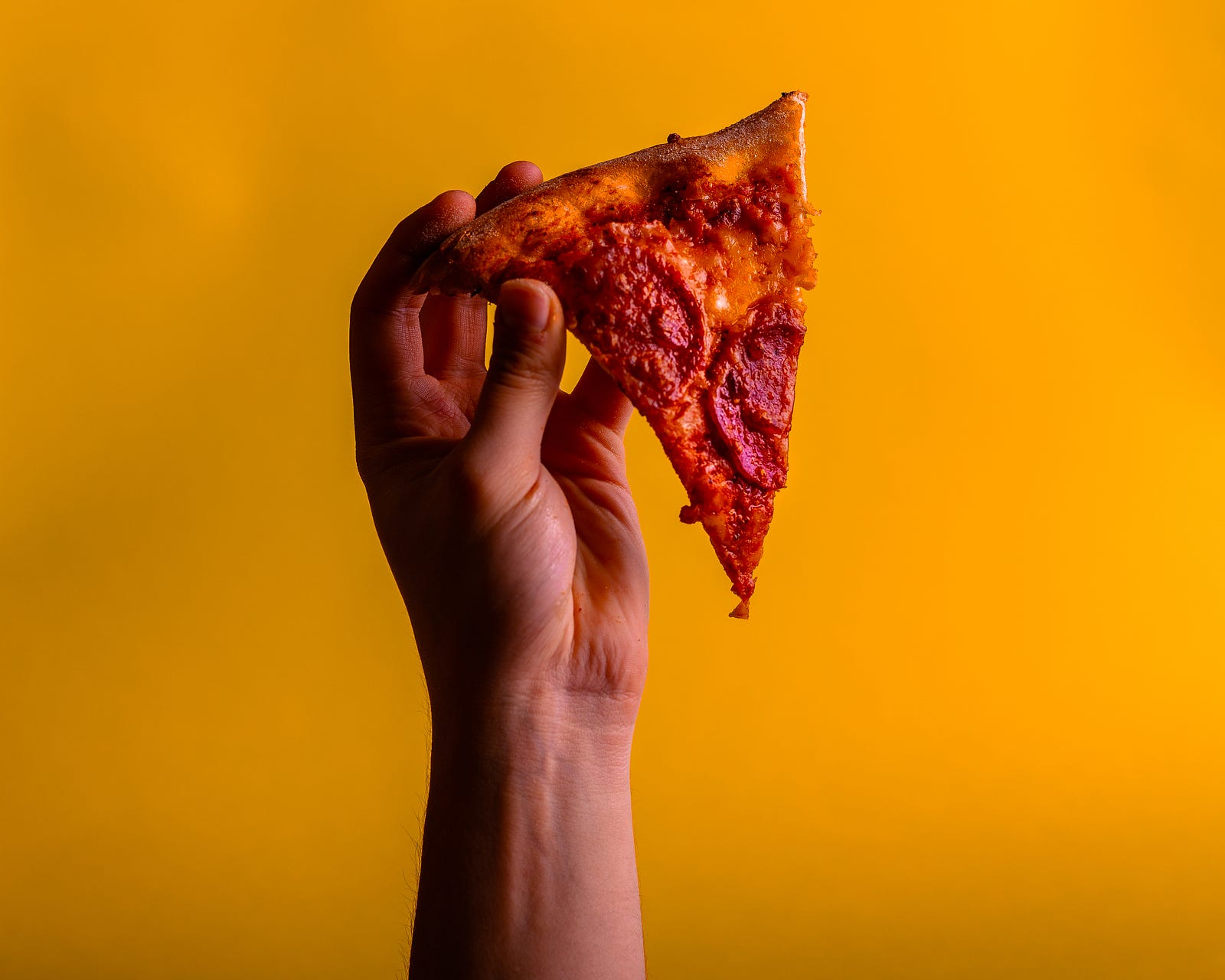IN HIS 2017 ARTICLE “THE EXERCISE PARADOX,” anthropologist Herman Pontzer describes research that challenges conventional wisdom about exercise, diet, and weight loss. Today we explore why exercise alone doesn’t control weight.
We begin with observations that, at first glance, seem obvious:
- You cannot shed weight through dieting alone; you must exercise too.
- Individuals who exercise burn more calories; burn more calories without consuming more calories, and you will lose weight.
- A central reason for the obesity epidemic is that folks are less physically active today than they were a few decades ago.
What do you think?
“From his shoulder on down, the Rat felt the supple weight of her body. An odd sensation, that weight. This being that could love a man, bear children, grow old, and die; to think one whole existence was in this weight.”
― Haruki Murakami, Pinball, 1973
Exercise alone doesn’t usually control weight.
Physical activity is an essential component of a healthy lifestyle. It offers numerous health benefits, including improved cardiovascular health, increased muscle strength, and reduced risk of chronic diseases like type 2 diabetes, heart disease, and some cancers. However, physical activity alone may not be sufficient for weight control.
Weight gain or loss is primarily determined by the balance between the number of calories consumed and burned. You gain weight when you consume more calories than you burn; when you burn more calories than you consume, you lose weight. Therefore, weight control requires a balance between calorie intake and physical activity.
However, the amount of physical activity required to burn a significant number of calories can be quite high, and it is often difficult to achieve through exercise alone.

For example, an hour of moderate-intensity aerobic exercise, such as brisk walking, may burn only 300 to 400 calories for a person weighing 155 pounds. In contrast, a single large slice of pizza can contain over 500 calories, meaning it would take more than an hour of exercise to burn off the calories consumed in just one slice.
Additionally, physical activity can increase appetite and food intake, leading people to eat more calories than they burn, thereby offsetting the calorie-burning benefits of exercise. Also, some people may have a genetic predisposition to retain or lose weight more slowly, despite their physical activity levels.
Therefore, combining physical activity with a healthy, balanced diet (emphasizing nutrient-dense, whole foods and limiting calorie-dense, processed foods) is essential to control weight effectively. By creating a calorie deficit through diet and exercise, weight loss can be achieved and sustained over time.
The Hazda, a hunter-gatherer tribe in Africa
Duke University (USA) professor of evolutionary anthropology Herman Pontzer studied the Hazda. The Hazda is a group of traditional hunter-gatherers who live in Tanzania, while Americans refer to people living in the United States. The average Hazda likely burns more calories than Americans because they lead a more physically active lifestyle that involves a significant amount of hunting and gathering food.
Studies have shown that Hazda men walk an average of seven to 10 miles (11 to 16 kilometers) per day in search of food, while Hazda women walk an average of three to six miles (five to 10 kilometers) daily. I initially thought that this level of physical activity would be significantly higher than that of most Americans, who tend to have more sedentary jobs and lifestyles.
Additionally, the Hazda diet consists primarily of wild game, tubers, fruits, and honey, typically lower in calories and fiber, and protein than the typical American diet, which is often high in processed and sugary foods.
Yet, I was wrong: Pontzer discovered that the Hazda consume and burn the same number of calories to walk a mile as Westerners. And the number of calories burned per mile walked is comparable. This doesn’t seem to make sense.
This observation is not limited to the Hazda. An analysis of ninety-eight studies discovered the following:
People in third-world countries with physically demanding lives had similar energy expenditures to more sedentary people in the developed world.
But why?
Internal energy expenditure controller
We have an internal energy expenditure controller set to a particular level. The Hazda’s regulator recognizes their activity and adjusts for it to keep total energy the same (perhaps by diverting energy from the body’s normal housekeeping tasks).

Physical activity reduces our immune system’s inflammatory response and drops hormone levels. On the other hand, laboratory animals don’t increase their energy expenditure with exercise. Instead, they ovulate less frequently and repair tissue damage more slowly.
Writing in Skeptical Inquirer, Harriet Hall reminds us of some myths:
- You cannot drop weight by dieting alone; you must exercise too.
- People who exercise burn more calories. If you burn more calories without taking in more calories, simple physics tells us you will lose weight.
- A central reason for the obesity epidemic cause is that people are less physically active now than a few decades ago.
Humans appear to have a metabolism that burns more calories than primates (to support the extra activity of our brains). While there is an energy cost to finding more food, we compensate by cooking to make more calories available and by the more efficient obtaining of food (for example, through farming). Our ability to store fat helps us survive famines but sets us up for obesity.
Weight loss myths
Back to the myths.
- You can’t lose weight by dieting alone; you must exercise too. Hall reminds us of the tragic concentration camps, where individuals wasted away for want of food.
- Exercise and burn calories. Simple physics dictates you will drop weight. True, but our metabolism adjusts to compensate for the calories expended. Your metabolism sabotages your diet. It would be best to curtail the calories, but the implementation is challenging for most.
- A central reason for the obesity epidemic cause is that people are less physically active now than a few decades ago. Increased calorie consumption (not primarily decreased activity) caused the obesity epidemic, not decreased activity.
Physical activity is central to optimizing health for numerous reasons, including cancer and cardiovascular risk reduction. Move to stay healthy, but exercise alone to lose or control weight probably won’t get the job done.
The information I provided in this blog is for educational purposes only and does not substitute for professional medical advice. Please consult a medical professional or healthcare provider for medical advice, diagnoses, or treatment. I am not liable for risks or issues associated with using or acting upon the information in this blog.
Thank you for reading “Why Exercise Doesn’t Control Weight.” Please consider signing up to follow this blog.




